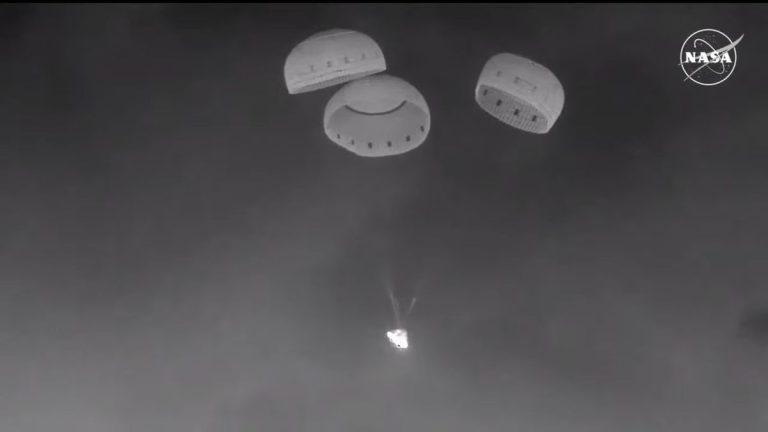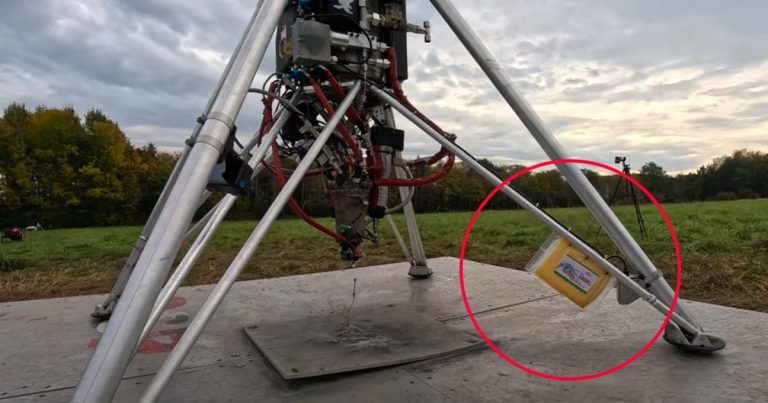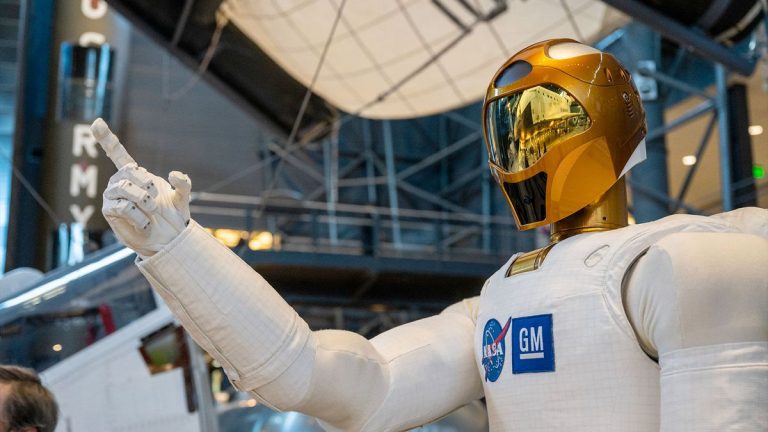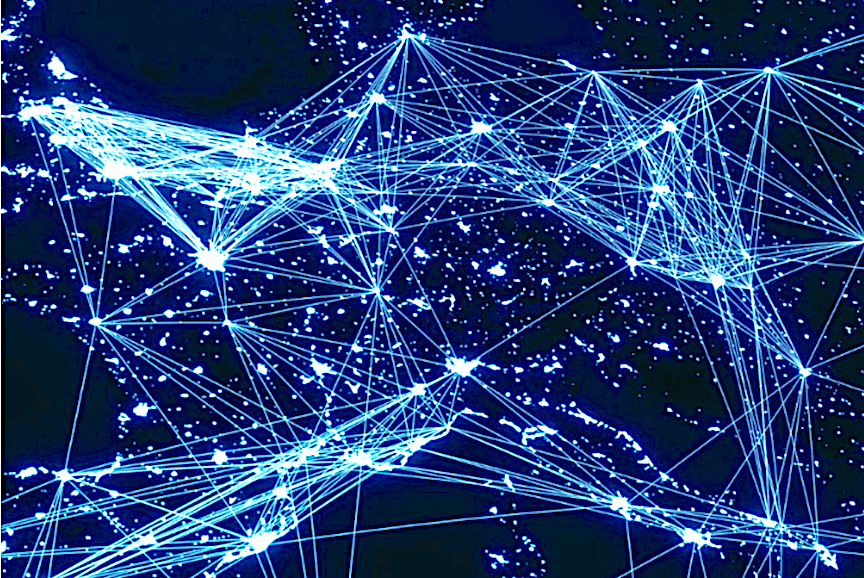
TNO and European collaborate to develop global quantum internet enabled from space (Image Credit: Sat News)
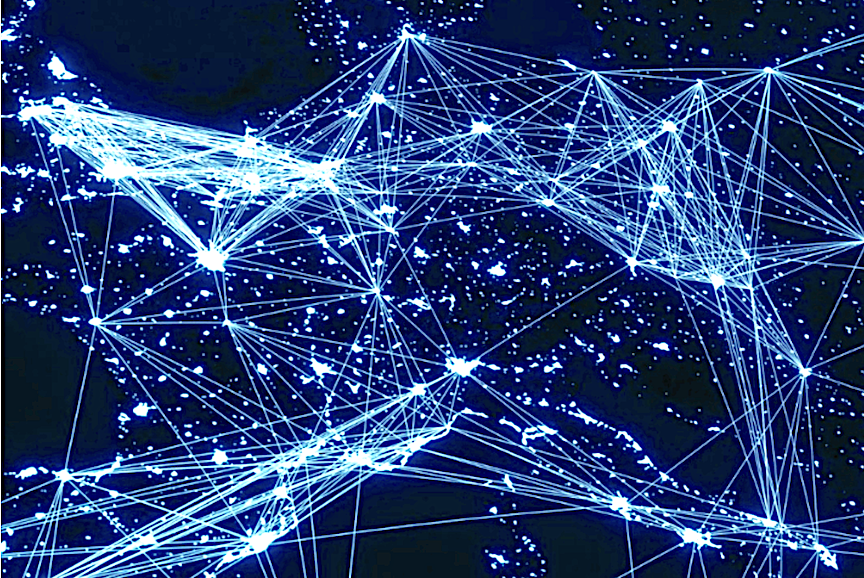
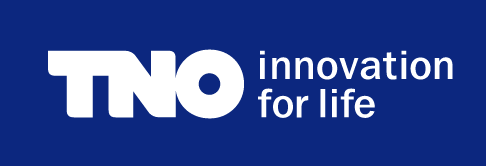
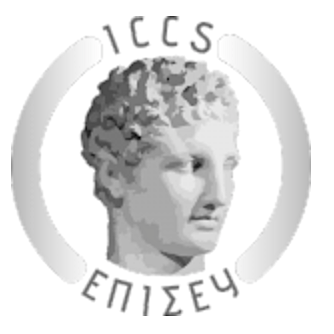
It is reported that the future global quantum internet is blocked due to signal losses in fiber over distance. Satellites are required so that cities and continents can be connected to eventually be part of the global quantum internet and fully benefit from its promising applications. To provide for this, TNO and the Institute of Communication and Computer Systems (ICCS) and a consortium of other European partners, join forces in the LaiQa-project (Leap in Advancing of critical Quantum key distribution-space components).

Because of their computational power, quantum computers will offer new possibilities for innovation. In the coming decades, they are expected to solve some of the largest challenges in medicine discovery, material design, and predictive analysis. To unlock its full potential, it is necessary to connect quantum computers and devices all over the world via a quantum internet using photons as the carriers of quantum information.
However, today, the advent of a global quantum internet is blocked as fiber-based quantum communication is limited to a few hundreds of kilometers due to losses over distance. Therefore, the use of satellites offer a promising solution to overcome the limitations over national and continental scales, and eventually enable a worldwide quantum internet.
To enable quantum internet from space, the LaiQa project has several objectives. First, it will further advance the technical building blocks required to set up a quantum communication. Next it’s necessary to make them suitable for use in space and test their integration in the lab and outside, in a long distance free-space-to-fiber setup. Additionally, LaiQa aims to develop the necessary critical technologies.
Specifically, LaiQa focuses on three different photon sources, a quantum memory fit for long distance communication, an advanced fiber-coupling/adaptive optics system to interface satellites and ground stations, and software components to optimize the system architecture.
The project will also demonstrate an example of quantum communication, called Quantum Key Distribution (QKD). QKD is considered as a first application of the Quantum Internet and is an ultra-secure way to share encryption keys between distant users. The demo will take place in lab conditions, in a terrestrial free-space optical testbed, and eventually in an in-field demonstration using the Greek Helmos optical ground station. LaiQa will also propose specifications standards on space components for QKD, in order to ease and foster the uptake of further activities in the field.
Funded by the European Union, the project is expected to start in the beginning of 2024 and run for three years. It will be led by ICCS from Athens. In addition to TNO, other involved partners are qtlabs – Quantum Technology Laboratories GmbH (Austria), qssys – Quantum Space Systems GmbH (Germany), the National Observatory of Athens, Eindhoven University of Technology, the National and Kapodistrian University of Athens, and Thales Alenia Space Italia.
ses on three different photon sources, a quantum memory fit for long distance communication, an advanced fiber-coupling/adaptive optics system to interface satellites and ground stations, and software components to optimize the system architecture.
Quantum Key Distribution
The project will also demonstrate an example of quantum communication, called Quantum Key Distribution (QKD). QKD is considered as a first application of the Quantum Internet and is an ultra-secure way to share encryption keys between distant users. The demo will take place in lab conditions, in a terrestrial free-space optical testbed, and eventually in an in-field demonstration using the Greek Helmos optical ground station. LaiQa will also propose specifications standards on space components for QKD, in order to ease and foster the uptake of further activities in the field.
European cooperation
Funded by the European Union, the project is expected to start in the beginning of 2024 and run for 3 years. It will be led by the Institute of Communication and Computer Systems (ICCS) from Athens. Besides TNO, other involved partners are qtlabs – Quantum Technology Laboratories GmbH (Austria), qssys – Quantum Space Systems GmbH (Germany), the National Observatory of Athens, Eindhoven University of Technology, the National and Kapodistrian University of Athens, and Thales Alenia Space Italia.


